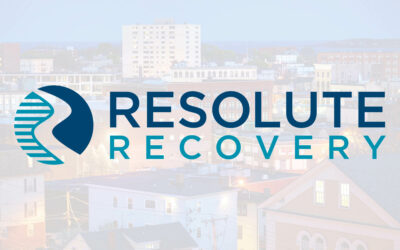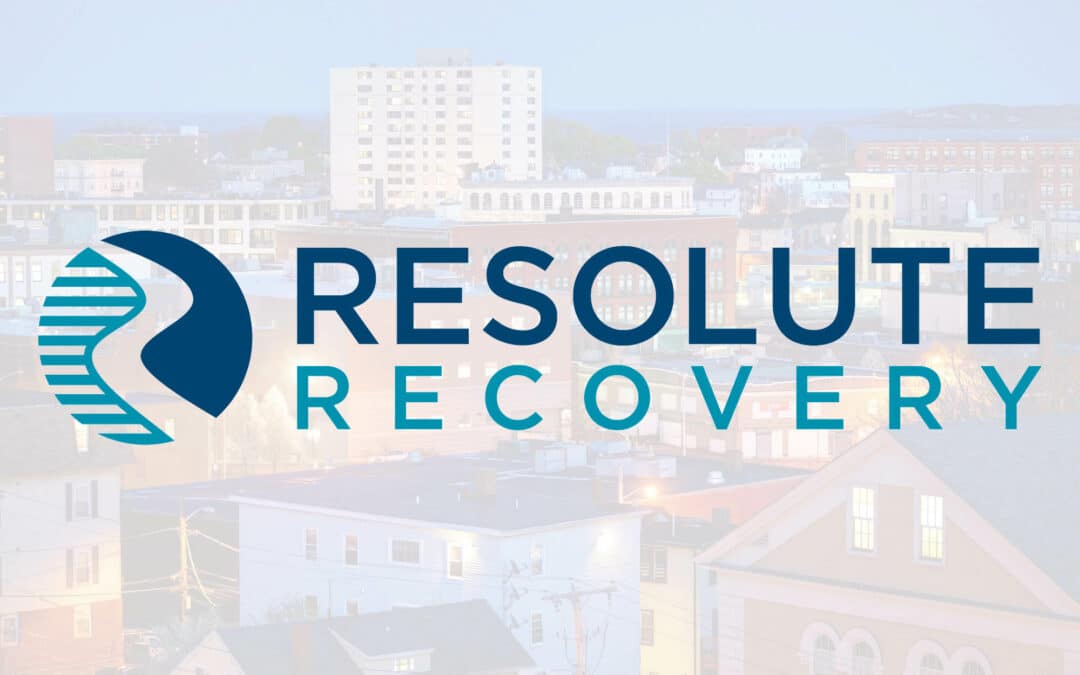Behavioral Changes Indicating a Drug Problem
When you suspect a loved one might be struggling with substance abuse, behavioral shifts often appear first. These signs a loved one has a drug problem can be subtle at first but become increasingly difficult to ignore.
Secretive Behavior
Secretive behavior stands out as one of the most telling indicators. You might notice your family member avoiding eye contact during conversations, becoming defensive when asked simple questions about their day, or being unusually guarded about their whereabouts. They may start locking doors that were previously left open or hiding their phone screen when you walk by.
Dishonesty
The behavioral signs of addiction extend to patterns of dishonesty that erode family trust. Common lies include:
- “I was just at a friend’s house” when they can’t provide specific details
- “I need money for gas” or other vague expenses
- “I’m fine, just tired” when clearly something more is happening
- Denying drug use despite obvious evidence
Mood Swings
Mood swings become a regular occurrence. You’ll witness extreme irritability over minor issues, followed by periods of depression or unusual euphoria. This emotional instability makes interactions unpredictable and exhausting for everyone involved.
Withdrawal from Social Activities
Perhaps most heartbreaking is the withdrawal from social activities. Your loved one may skip family dinners they once enjoyed, abandon hobbies that previously brought them joy, or isolate themselves in their room for extended periods. This social retreat signals something deeper than typical teenage angst or work stress.
As challenging as these signs are to witness, it’s crucial to remember that healing is possible. Resolute Recovery offers resources not just for those struggling with addiction but also for families grappling with its impact. Their insights into rebuilding trust after heroin addiction can be invaluable in mending broken bonds and restoring self-worth. If you’re seeking help or guidance, don’t hesitate to reach out.
Physical Signs of Substance Abuse
Your loved one’s body often tells a story before they’re ready to share it with words. Physical signs of drug use can manifest in ways that are hard to ignore once you know what to look for.
Rapid Weight Fluctuations
Rapid weight fluctuations stand out as one of the most noticeable changes. You might see your family member drop 15-20 pounds in a matter of weeks, or conversely, gain weight unexpectedly. Stimulants like methamphetamine suppress appetite dramatically, while other substances can trigger excessive eating or complete neglect of nutrition.
Unusual Body Odors
You may also detect unusual body odors—a sweet, chemical smell on their breath or clothing that doesn’t match any cologne or perfume.
Bloodshot Eyes and Abnormal Pupil Size
Bloodshot eyes and abnormal pupil size serve as telltale indicators of substance abuse. Opioids constrict pupils to pinpoints, while stimulants dilate them unnaturally. You’ll notice their eyes appear glassy, red, or watery without any apparent reason like allergies or lack of sleep.
Poor Coordination
Poor coordination becomes evident in everyday activities. Your loved one might stumble while walking, knock things over frequently, or struggle with tasks that once came naturally to them. Slurred speech often accompanies these motor skill issues, making conversations difficult and raising concerns about their safety.
Unexplained Injuries
Unexplained injuries—bruises, cuts, or burns—appear without reasonable explanation. When you ask about these marks, the answers don’t add up or change each time you inquire. These physical signs point to risky behaviors or accidents that occur during substance use.
Psychological Symptoms to Watch For
The mind often reveals what the body tries to hide. Psychological symptoms addiction creates can be some of the most challenging signs to witness in someone you care about.
You might notice your loved one experiencing irritability that goes far beyond typical stress. They snap at minor inconveniences, explode over small disagreements, and their emotional reactions seem disproportionate to the situation. These sudden mood shifts make everyday interactions feel like walking on eggshells. One moment they’re calm, the next they’re hostile or tearful without apparent reason.
Anxiety and depression frequently accompany substance abuse. Your loved one may express constant worry about things that never bothered them before. They might share feelings of hopelessness, lose interest in activities they once loved, or struggle to find joy in anything. These aren’t just bad days—they’re persistent patterns that signal deeper struggles.
Paranoia represents a particularly concerning red flag. You might hear them accuse family members or friends of plotting against them, stealing from them, or talking behind their back—all without evidence. This suspicious behavior strains relationships and isolates them from their support system.
Personality changes can be the most heartbreaking to witness. The outgoing person you knew becomes withdrawn and distant. The gentle soul turns aggressive and confrontational. These shifts aren’t temporary phases—they’re fundamental alterations in how your loved one interacts with the world around them.
Health Issues Related to Drug Use
In addition to the mental and emotional impact, drug abuse also takes a significant toll on your loved one’s physical health. There are specific health issues that may arise from their substance use, which at first glance may seem unrelated but when viewed together, tell a troubling story.
Digestive System Disruption
If your loved one frequently complains about stomach cramps, nausea, or unexplained digestive problems, it could be a sign of substance abuse. They may mention these issues often without seeking medical help or getting a clear diagnosis. These symptoms can become so severe that they interfere with eating regular meals, leading to further health complications.
Sleep Pattern Disturbances
Insomnia or excessive sleeping are clear indicators that someone has a drug problem. You might notice your loved one awake at odd hours, pacing the house in the middle of the night, or on the other hand, sleeping through entire days. These disrupted sleep patterns affect their ability to function at work, maintain relationships, and handle daily responsibilities. The exhaustion from poor sleep creates a cycle that makes recovery even more difficult.
Compromised Immune Function
If your loved one seems to catch every cold, flu, or infection that goes around, it could be due to substance abuse weakening their immune system. Drugs can impair the body’s natural defenses, making them more susceptible to illnesses. You’ll likely observe that they take longer to recover from minor sicknesses and that small infections can develop into more serious health issues requiring medical attention.
Neglecting Responsibilities and Financial Problems
When someone struggles with substance abuse, their priorities shift dramatically. You might notice your loved one’s work performance slipping—missed deadlines, unexplained absences, or complaints from supervisors about declining quality. Students may skip classes, fail to complete assignments, or see their grades plummet without explanation. These patterns of neglecting responsibilities caused by drug use often appear gradually, making them easy to dismiss initially.
Decline in Personal Hygiene
Personal appearance tells a powerful story. Your family member who once took pride in their grooming may now wear the same clothes for days, skip showers, or stop caring about basic hygiene. Their hair might look unwashed, their clothes wrinkled and stained. This visible decline in self-care reflects the internal chaos substance abuse creates.
Financial Issues
The financial difficulties brought on by substance abuse can devastate families. You’ll see unexplained requests for money—sometimes with elaborate stories about emergencies or unexpected expenses. Valuable items may disappear from your home. Your loved one might borrow from multiple family members, creating a web of debt they can’t repay. Credit cards max out, bills go unpaid, and savings accounts drain mysteriously.
Impact on Work and School
The declining performance at work or school combined with mounting financial pressure creates a vicious cycle. As addiction tightens its grip, maintaining employment becomes harder, which leads to more desperate financial situations. You might notice your loved one selling possessions, pawning jewelry, or making increasingly urgent pleas for cash without providing clear explanations for where the money goes.
Approaching Your Loved One and Seeking Support in Peabody MA
How to approach loved one drug use requires careful planning and compassion. It’s essential to choose a calm moment when your loved one is sober and both of you are free from distractions. Express your observations using “I” statements—like “I’ve noticed you’ve been struggling lately”—instead of accusatory language. Focus on specific behaviors you’ve witnessed and emphasize your concern for their well-being, not judgment about their choices.
If you’re facing challenges such as a loved one’s relapse, it’s important to know there are steps to take when a loved one relapses that can guide them back to recovery.
Family addiction counseling North Shore MA provides the professional guidance you need during this difficult time. At Resolute Recovery Peabody MA, we understand that addiction affects the entire family unit. Our Peabody MA drug recovery support services include specialized counseling that helps families communicate effectively and establish healthy boundaries, which is crucial for integrating family support in addiction recovery.
Addiction help for families in Peabody Massachusetts means you don’t have to navigate this journey alone. Professional counselors can teach you intervention techniques, help you understand the disease of addiction through our addiction therapy resources, and provide ongoing support as your loved one works toward recovery. You deserve support too.
FAQs (Frequently Asked Questions)
What are common behavioral signs that indicate a loved one may have a drug problem?
Common behavioral signs of addiction include mood swings, secretive or evasive actions such as avoiding eye contact, frequent lying which impacts family trust, emotional instability like irritability followed by depression, and withdrawal from social activities including family gatherings, friends, work, school, or hobbies previously enjoyed.
What physical signs should I look for to identify substance abuse in a loved one?
Physical signs of drug use can include bloodshot eyes, abnormal pupil size (either unusually large or small), poor coordination, slurred speech, rapid weight changes, unusual body odors, and unexplained injuries such as bruises or marks that may result from risky behaviors associated with substance abuse.
Which psychological symptoms might suggest addiction in someone close to me?
Psychological symptoms linked to addiction include increased irritability and sudden mood shifts beyond normal stress responses, anxiety and depression marked by constant worry or feelings of hopelessness, paranoia or suspicious behavior without evidence, and noticeable personality changes such as becoming more withdrawn or aggressive.
How does drug use affect the health of an individual?
Drug use can lead to various health issues including insomnia or unusual sleep patterns that disrupt daily functioning, frequent stomach cramps or digestive problems without clear medical causes, and an increased frequency of illnesses due to a weakened immune system caused by substance abuse.
What are the signs related to neglecting responsibilities and financial problems due to drug use?
Signs include declining performance at work or school as an early warning sign, neglect of personal hygiene and self-care routines leading to a decline in appearance over time, and unexplained financial difficulties such as sudden need for money or frequently borrowing from family members or friends.
How can I approach a loved one about their drug use and where can I find support in Peabody MA?
Approach your loved one sensitively by initiating conversations without judgment and emphasizing your concern for their well-being. Seeking professional family addiction counseling available in North Shore MA is important to navigate this challenging situation together. Resources like Resolute Recovery in Peabody MA offer drug recovery support and addiction help for families in the area.





